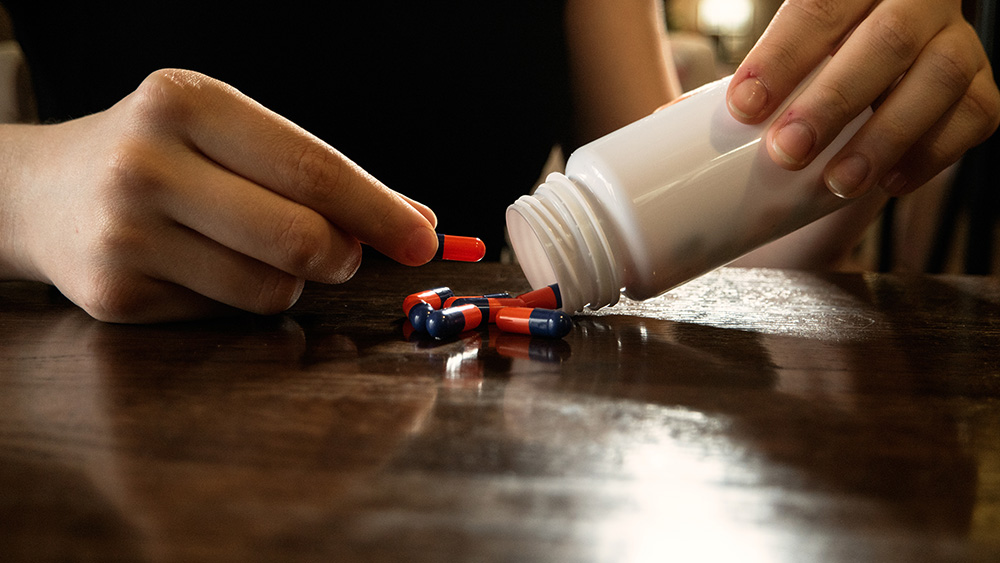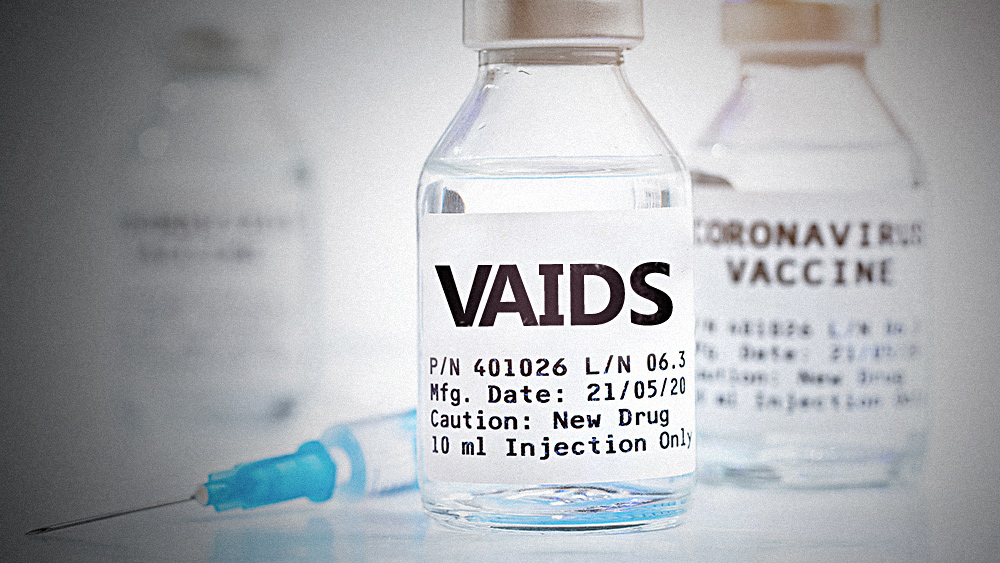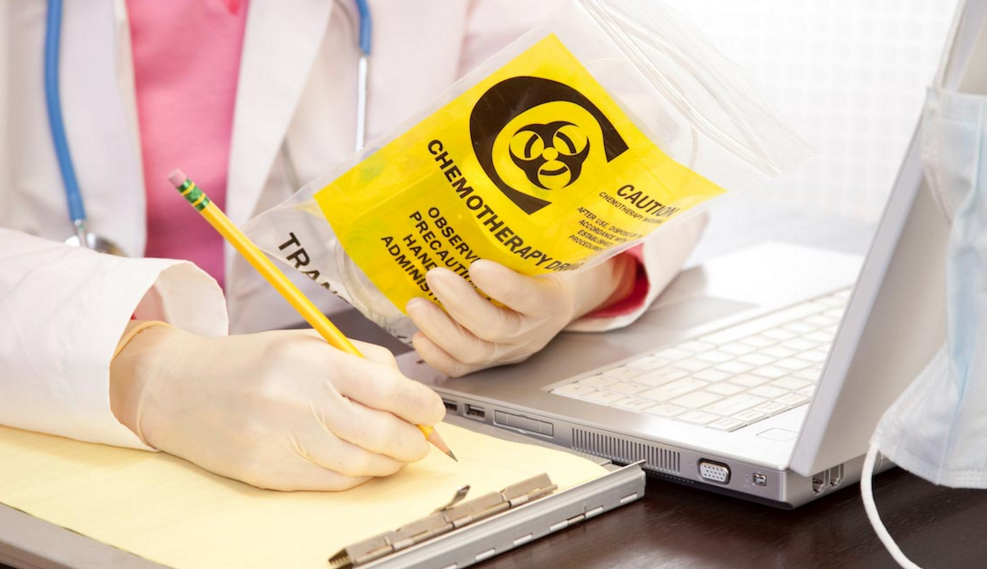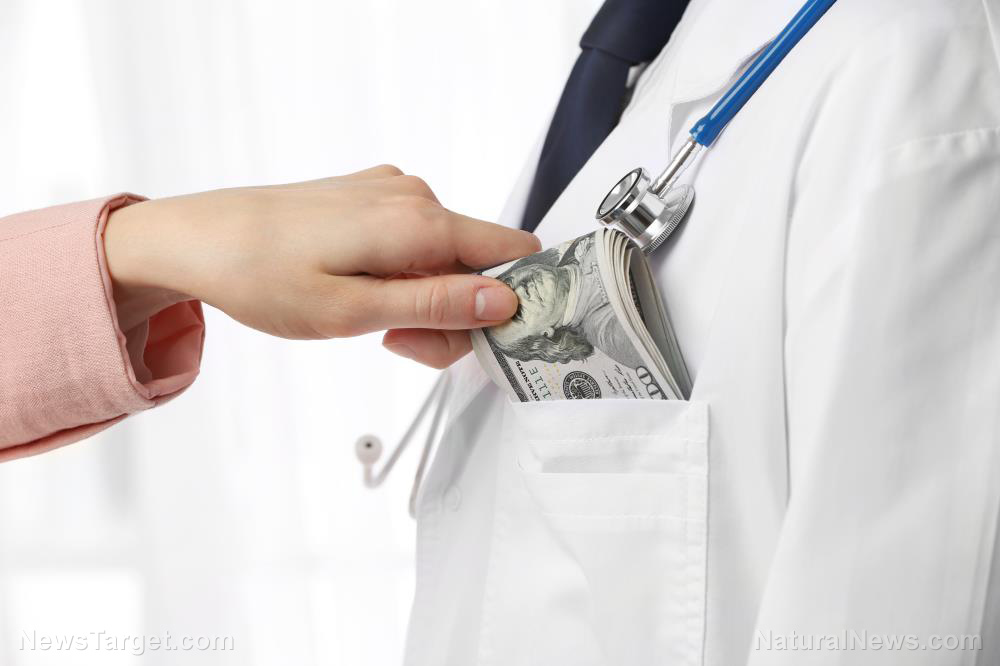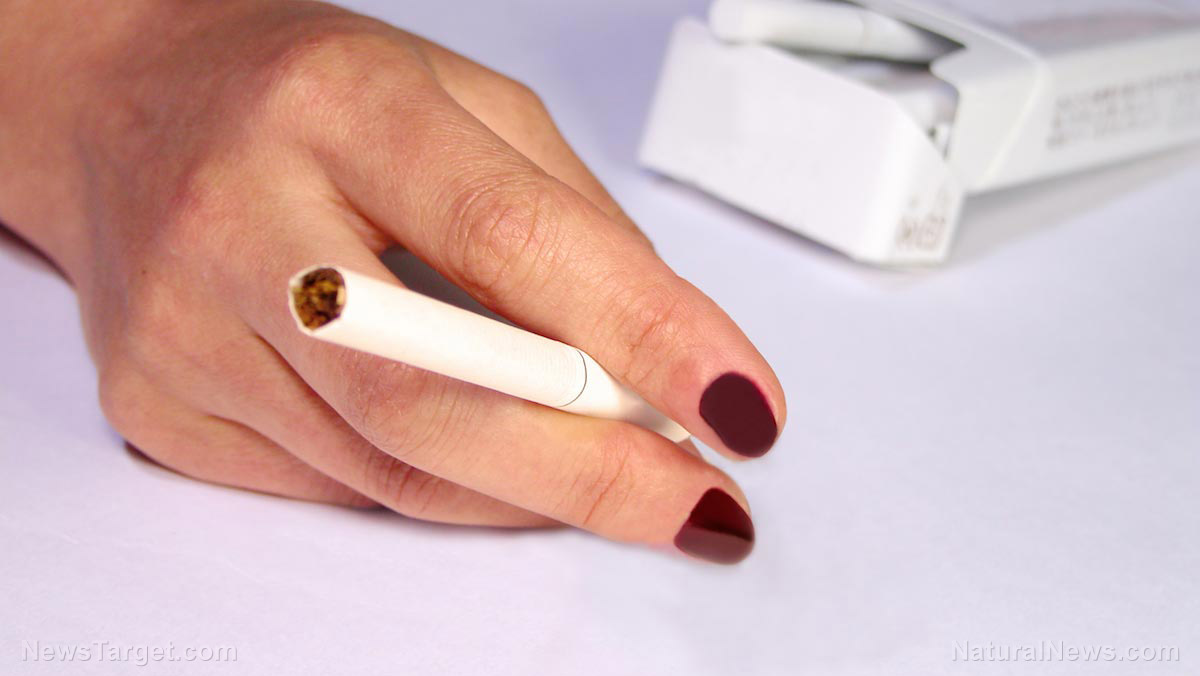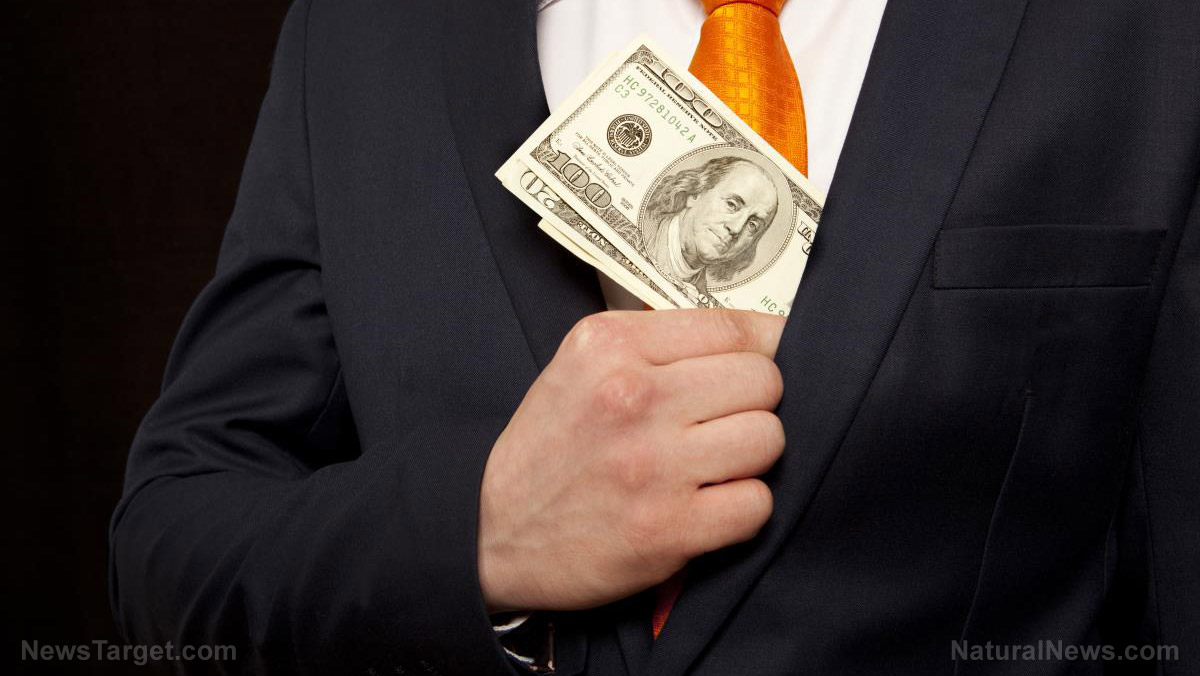Here’s how AbbVie gamed the U.S. patent system to generate $114 billion in revenues from Humira drug
02/01/2023 / By Ethan Huff

Since 2016, pharmaceutical giant AbbVie has generated more than $114 billion in revenue from the sale of its anti-inflammatory drug Humira. That same year, Humira was supposed to go off-patent and become generic – meaning it would have cost a whole lot less for consumers – but because of patent manipulation, AbbVie has been able to maintain a monopoly on the medication, which sells for upwards of $50,000 a year.
The world’s best-selling anti-inflammatory drug, Humira is used by many to treat arthritis. In 2016, it was scheduled to see competition from a rival drug called Amjevita, made by Amgen, that regulators had approved – as well as from at least nine additional Humira competitors, including one from Pfizer.
AbbVie orchestrated the delay of these generic competitor releases for seven years by exploiting the United States patent system. What AbbVie did to accomplish this was build a massive wall of intellectual property protection while suing all would-be competitors before they had the chance to launch.
“The strategy has been a gold mine for AbbVie, at the expense of patients and taxpayers,” reported Dnyuz.com. (Related: AbbVie is one of the pharmaceutical companies currently under investigation in Texas for illegally advertising and promoting puberty blockers for children.)
Since 2016, AbbVie has jacked up the price of Humira by 60% – the drug now costs $80,000 a year
Since its initial release some 20 years ago, Humira has been a cash cow for AbbVie, which raised the price of the drug some 30 times – including most recently by 8 percent this month.
SSR Health, a research firm determined that since the end of 2016 when AbbVie should have seen fresh competition, the company has jacked up the price of Humira by 60 percent to where it now costs a patient $80,000 a year to receive treatment.
Another analysis found that Medicare alone spent $2.2 billion more on the drug from 2016 to 2019 than it would have had generic competition been commercially released as planned.
“In interviews, patients said they either had to forgo treatment or were planning to delay their retirement in the face of enormous out-of-pocket costs for Humira,” reports explain about the exorbitant cost of Humira due to AbbVie’s monopoly.
Many other drug companies are doing the same thing as AbbVie with their “blockbuster” drugs as they pile up patents in order to delay copycat drugs from reaching the market for as long as possible.
“Humira is the poster child for many of the biggest concerns with the pharmaceutical industry,” said Rachel Sachs, a drug pricing expert at Washington University in St. Louis. “AbbVie and Humira showed other companies what it was possible to do.”
Since it was first approved in 2002, Humira has generated an astounding $208 billion globally. It was first approved to treat rheumatoid arthritis, but is now also used to treat autoimmune disorders like Crohn’s disease and ulcerative colitis.
“Patents are good for 20 years after an application is filed. Because they protect patent holders’ right to profit off their inventions, they are supposed to incentivize the expensive risk-taking that sometimes yields breakthrough innovations. But drug companies have turned patents into weapons to thwart competition,” reports explain about how the game works.
“AbbVie and its affiliates have applied for 311 patents, of which 165 have been granted, related to Humira, according to the Initiative for Medicines, Access and Knowledge, which tracks drug patents. A vast majority were filed after Humira was on the market.”
“Some of Humira’s patents covered innovations that benefited patients, like a formulation of the drug that reduced the pain from injections. But many of them simply elaborated on previous patents.”
If you enjoyed reading this story, more like it can be found at BigPharmaNews.com.
Sources for this article include:
Submit a correction >>
Tagged Under:
AbbVie, anti-inflammatory, Big Pharma, big pharma greed, conspiracy, corruption, deception, drug cartels, humira, insanity, money supply, patents, profits, rigged, traitors
This article may contain statements that reflect the opinion of the author
RECENT NEWS & ARTICLES
PrescriptionDrugs.News is a fact-based public education website published by Prescription Drugs News Features, LLC.
All content copyright © 2018 by Prescription Drugs News Features, LLC.
Contact Us with Tips or Corrections
All trademarks, registered trademarks and servicemarks mentioned on this site are the property of their respective owners.

